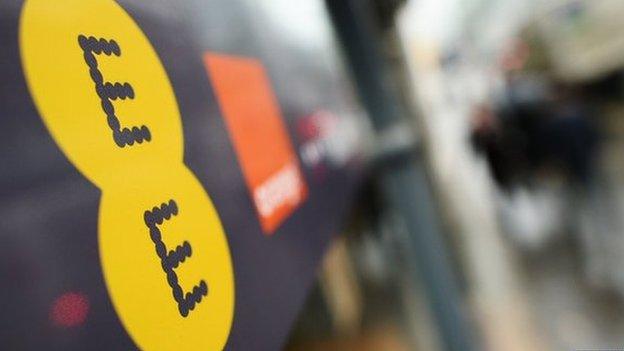BT takeover of EE gets final Competition and Markets Authority clearance
- Published
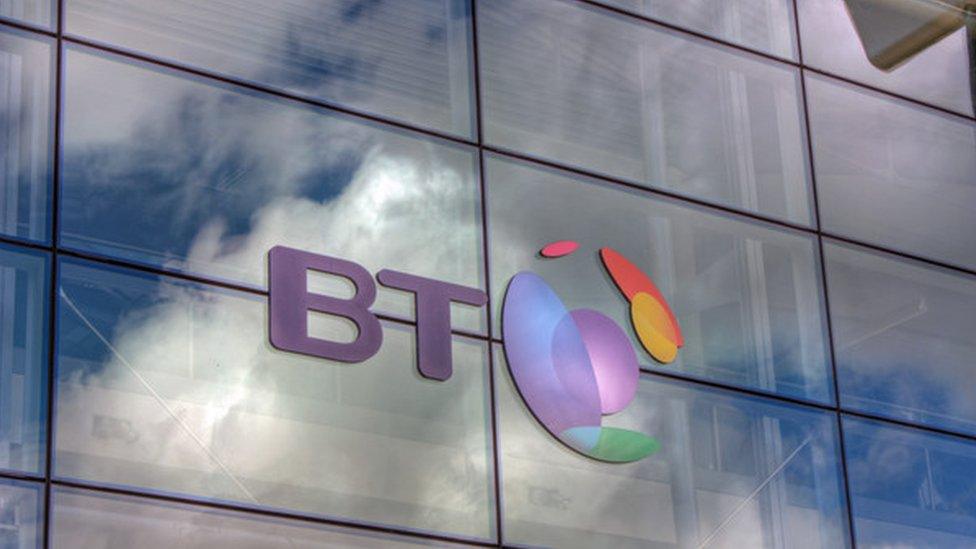
BT Group's takeover of mobile phone network EE has been given final clearance by the Competition and Markets Authority (CMA).
The £12.5bn deal brings together the UK's largest fixed-line business and the largest mobile telecoms business.
The CMA said, external it was unlikely to harm competition as BT was "smaller in mobile" and EE a "minor player" in broadband.
But rival Vodafone said it still had "wider market concerns".
The deal creates a communications giant covering fixed-line phones, broadband, mobile and TV.
John Wotton of the CMA said: "The evidence does not show that this merger is likely to cause significant harm to competition or the interests of consumers."
BT chief executive Gavin Patterson said: "The combined BT and EE will be a digital champion for the UK, providing high levels of investment and driving innovation in a highly competitive market."
BT has around 88,000 employees in 61 countries, with 72,000 of those working in the UK.
It controls 31% of the UK fixed-broadband market, according to Ofcom, and has a 37.6% share of the market for UK home phone traffic.
The deal would add EE's 33.8% mobile market share to BT's portfolio.
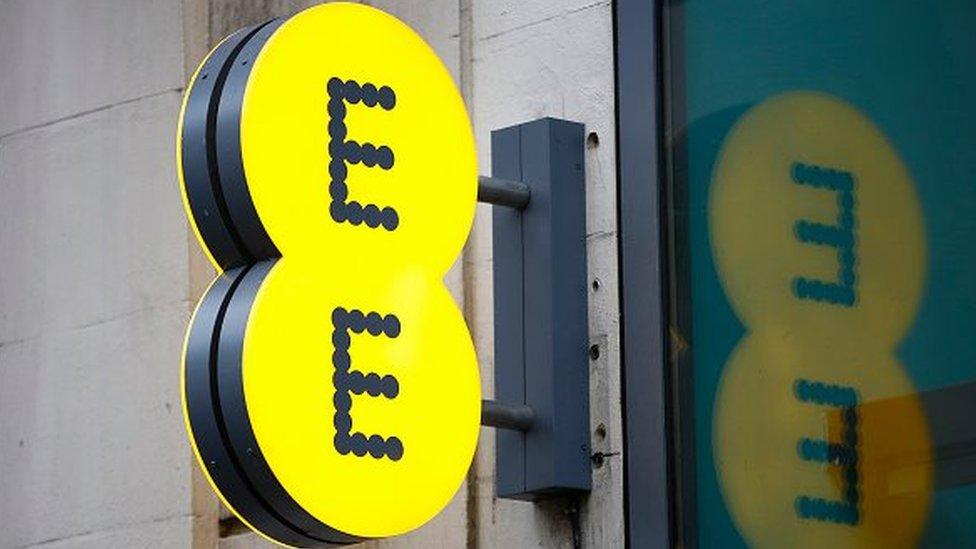

Analysis: Rory Cellan-Jones, BBC technology correspondent
It started in 2014, but now the reshaping of the UK's telecoms landscape is finally nearing completion.
BT and EE, with 35 million customers between them, will be a formidable force across both the fixed and mobile broadband markets that are vital to Britain's economic wellbeing.
Too powerful, said rivals, with a third of each of those markets - but the UK's Competition and Markets Authority did not agree.
The other piece in the jigsaw is the planned takeover of O2 by Hutchison, owner of Three, which would leave the UK with three big mobile players.
That is in the hands of Brussels, but the CMA has lobbied hard to have its voice heard - and it's hard to see why this deal would be blocked now that the BT/EE merger has gone through.
But there is still one more opportunity for rival firms and consumer groups to halt this consolidation.
The regulator Ofcom is nearing its decision on the shape of the whole UK telecoms market - including the key question of whether BT's Openreach division, which runs the broadband network, should be hived off.
Ofcom's boss Sharon White has indicated that the status quo isn't her preferred option.
Her decision was due by the end of January, but has now been put back until the end of February.
Perhaps Ofcom still needs to work out whether this jigsaw is coming together to produce a pretty picture for consumers.

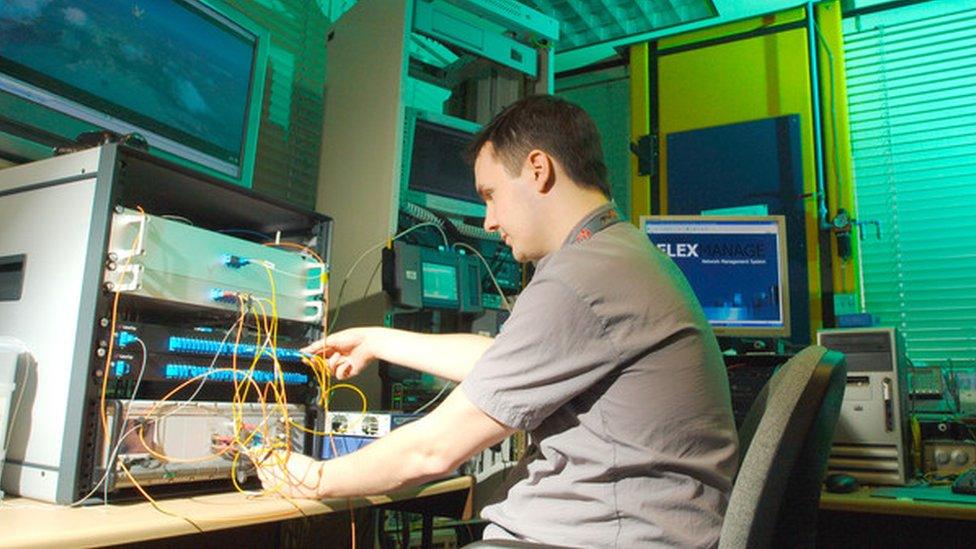
BT's EE acquisition was originally announced in February last year, and the CMA provisionally approved the merger in October last year.
Rivals TalkTalk and Vodafone at the time called for competition authorities to force BT to spin off its Openreach operation.
Reacting to Friday's CMA announcement, Vodafone said: "We are reviewing the CMA's document in full.
"As previously stated, we believe it is imperative that the wider market concerns relating to BT Openreach raised by a number of parties and recognised by the CMA, need to be thoroughly scrutinised by Ofcom in its Digital Communications Review."
Openreach maintains the UK's copper and fibre communications cable network.
In July, regulator Ofcom started looking into whether BT and Openreach should be split up.
BT Openreach was created 10 years ago with the remit of giving competitors access to its telephone and broadband network on equal terms.
Ofcom had concerns that Openreach's performance on behalf of those providers had often been poor.
Quad-play bet
Rukshan Mehra, a telecoms specialist at Enders Analysis, said Openreach was unlikely to be hived off completely from BT, but that the status quo was unlikely to remain the same either.
She added that the deal would combine the only firm with a nationwide high-speed broadband network, BT, with the only company with a nationwide 4G mobile network, EE.
Ms Mehra said BT's acquisition was "a strong bet" on so-called quad-play - where firms sell fixed-line phone, mobile, internet and TV services as one package.
Virgin Media and TalkTalk already sell that kind of package, and Vodafone and Sky are also moving in that direction, she added.
- Attribution
- Published15 December 2015
- Published1 December 2015
- Published14 September 2015

- Published16 July 2015
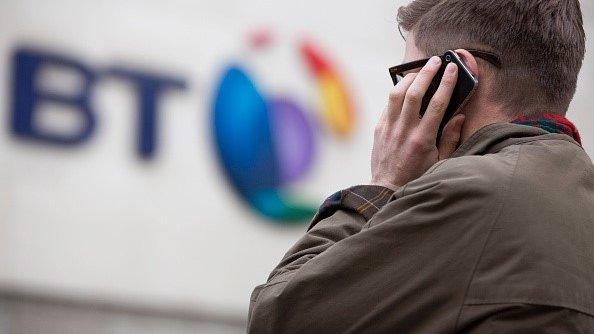
- Published5 February 2015
